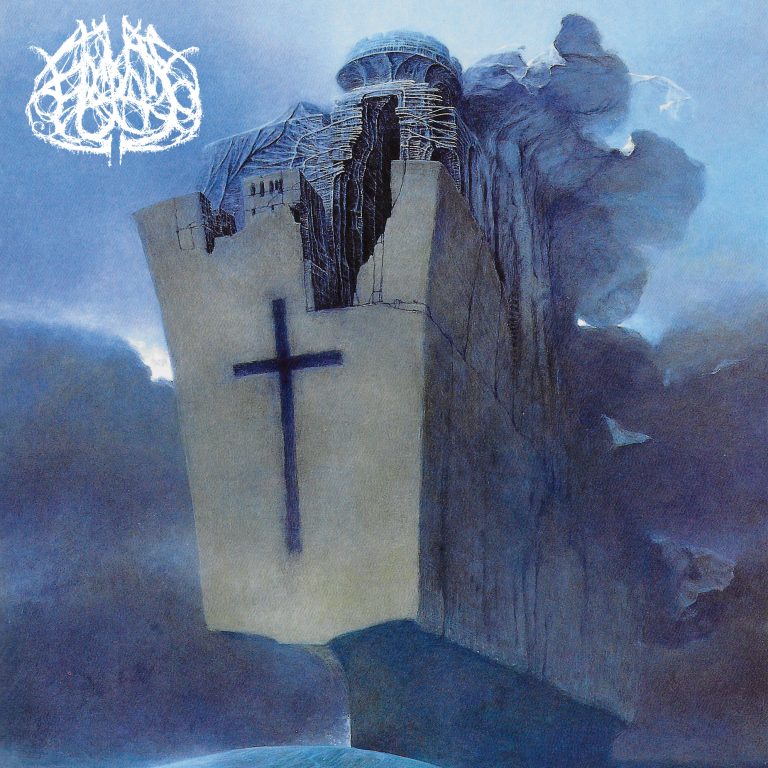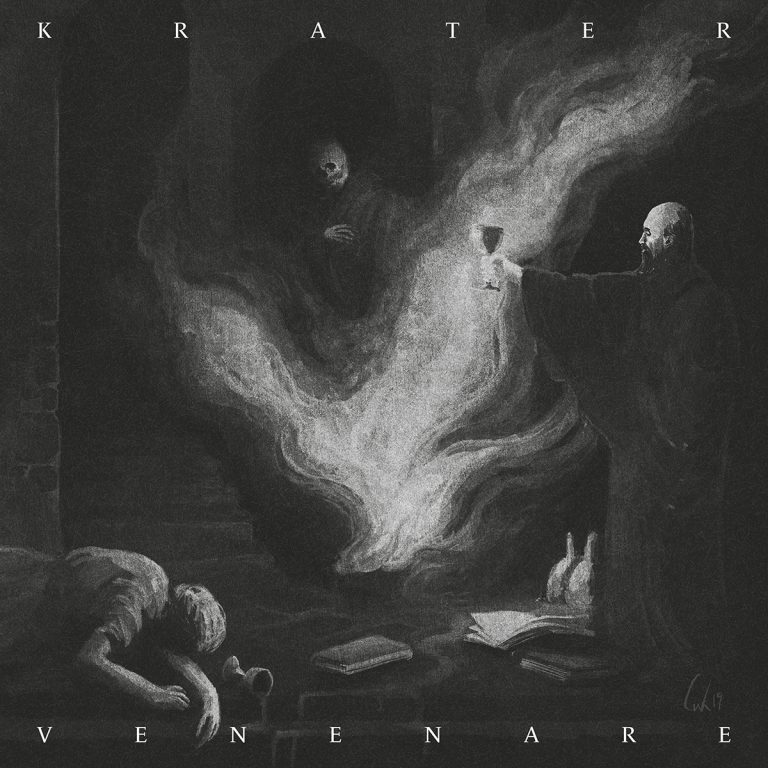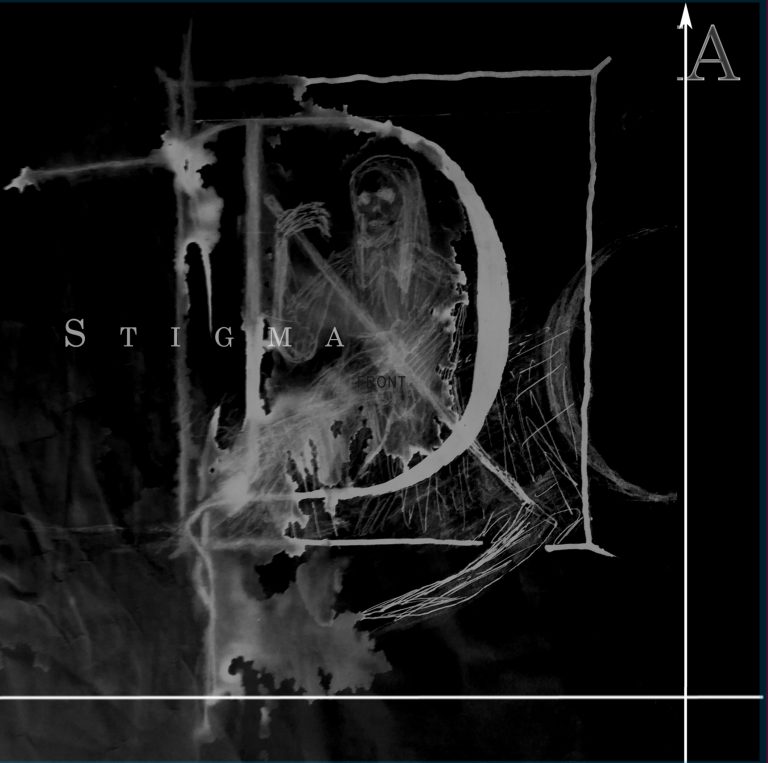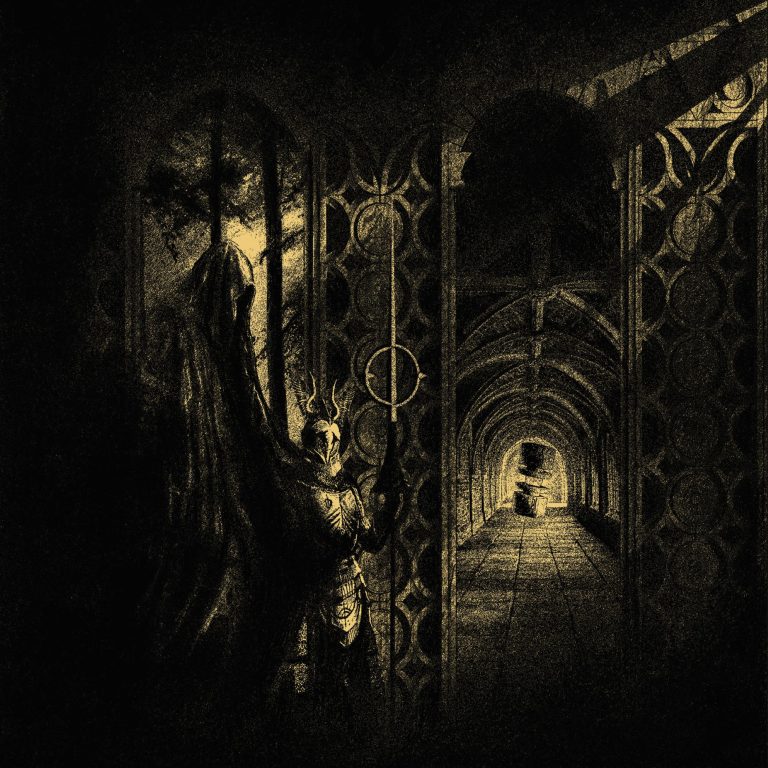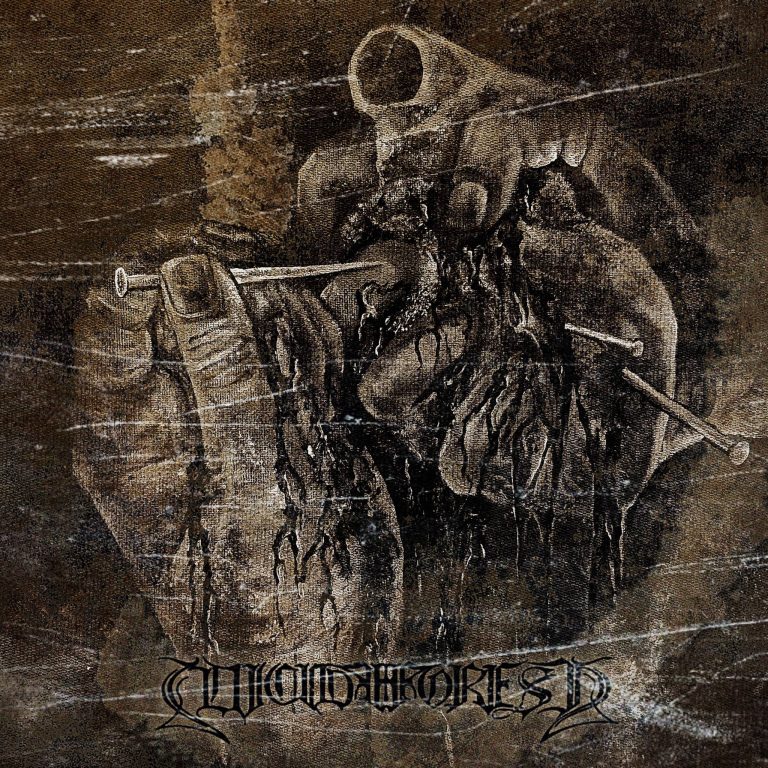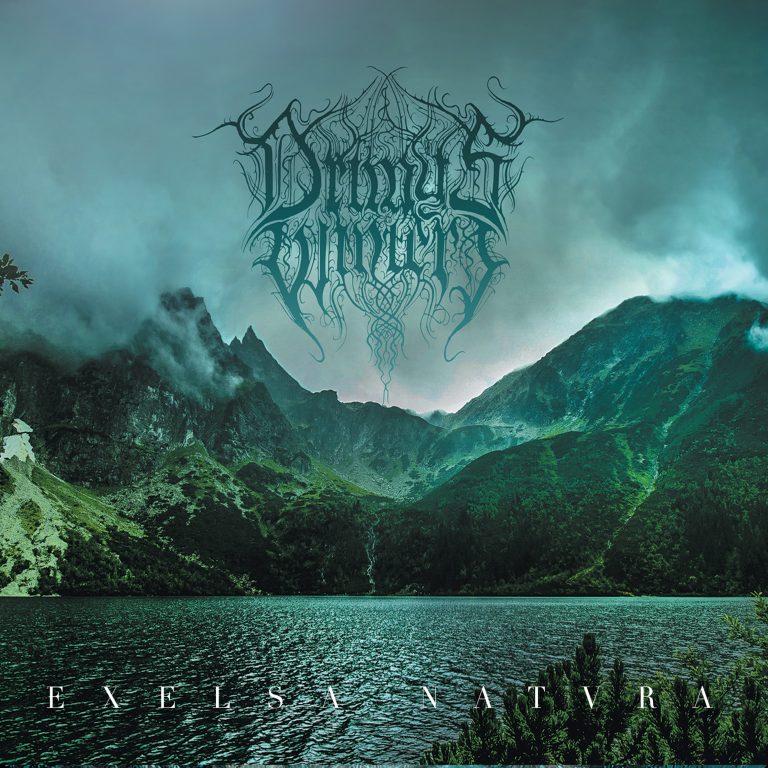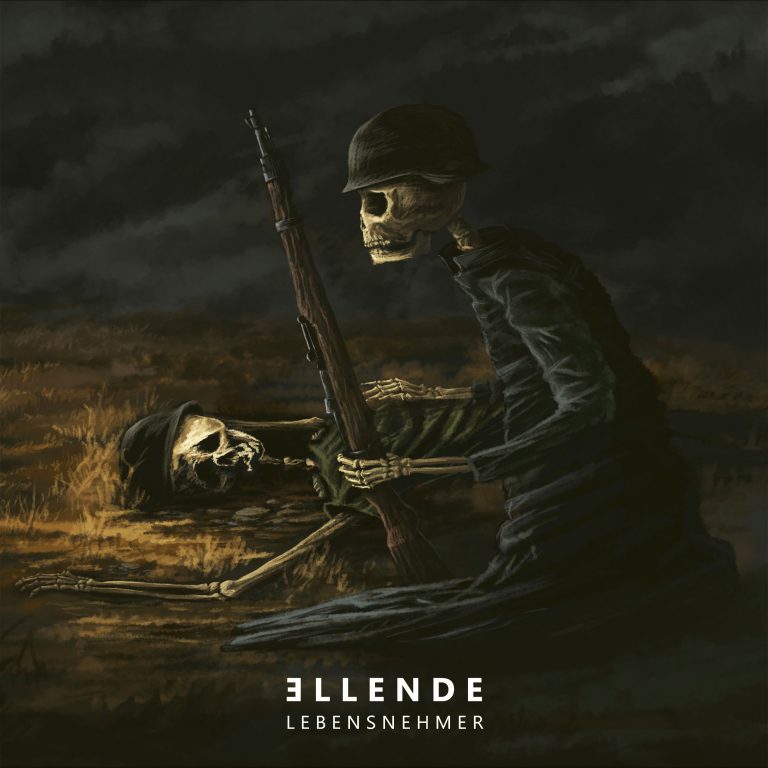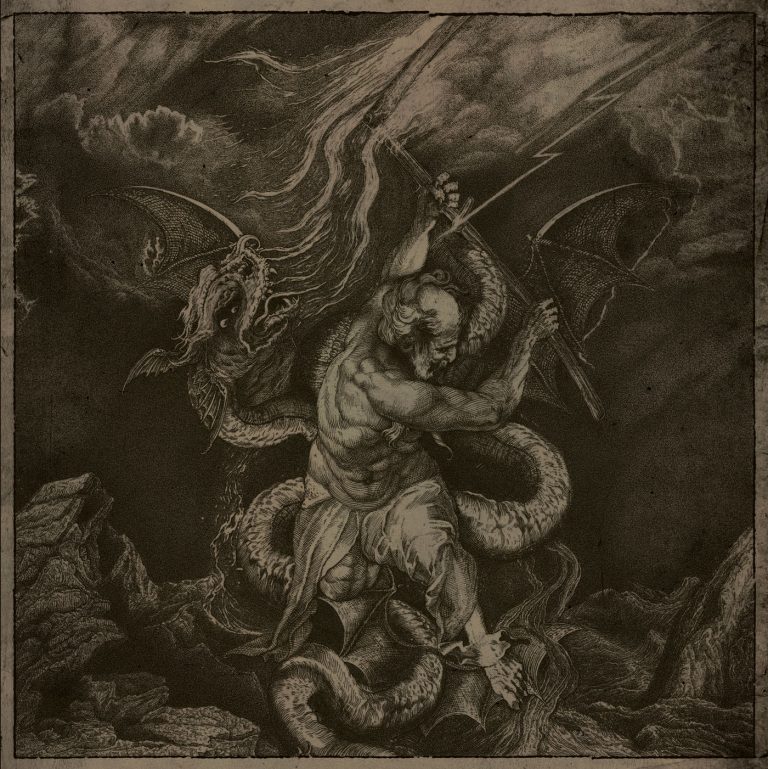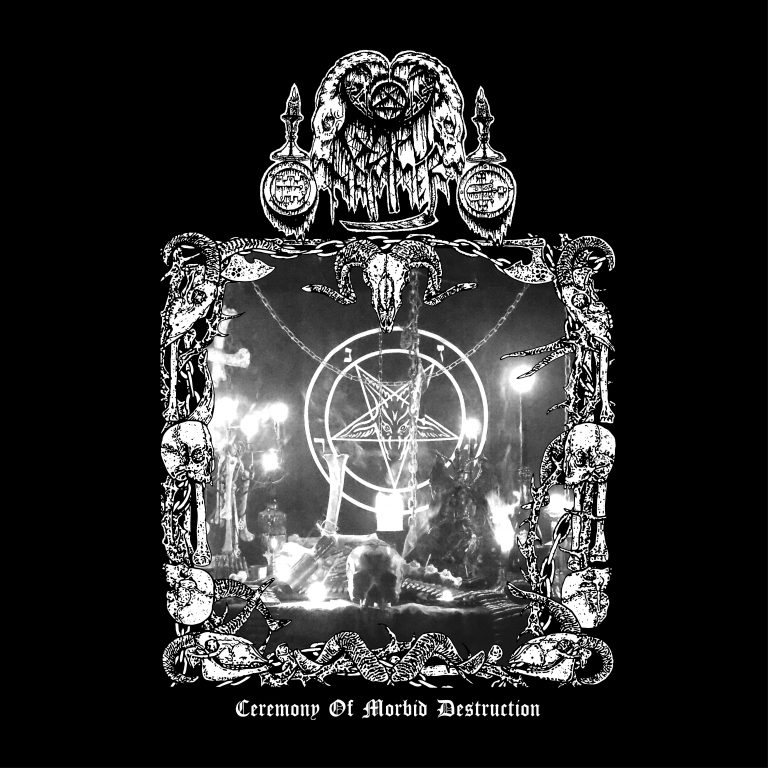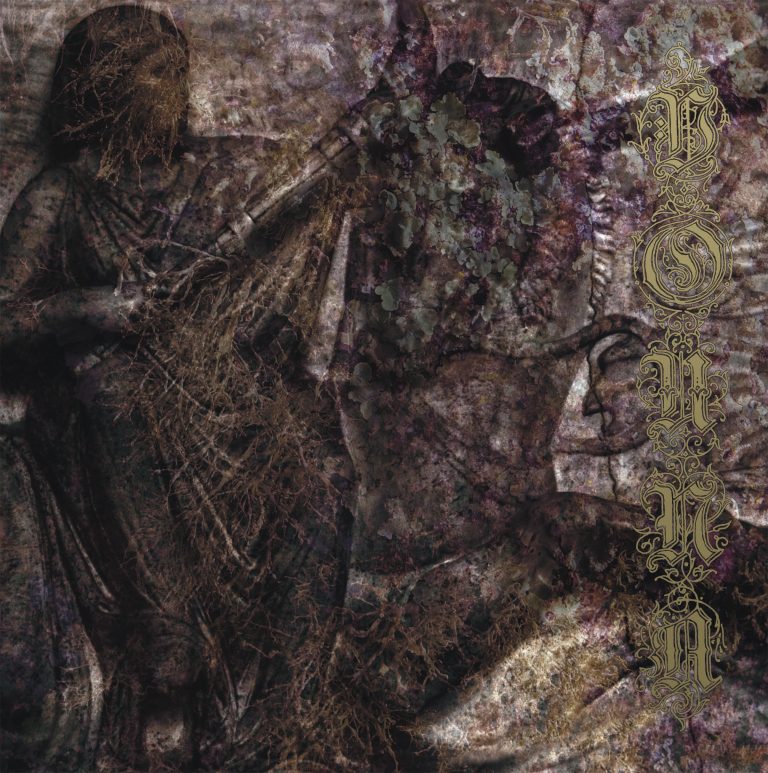“Single-song albums. The reason Holdeneye and Twelve no longer speak. The reason there’s still a bloodstain in the copy room after Diabolus went after El Cuervo for suggesting that Winter’s Gate ‘Isn’t really a single song, is it? I mean… not really…’ Ya see, the very idea is divisive. But it’s also philosophically interesting. What makes a song? A unifying idea or theme? If parts of a song are so different as to be unrecognizable, have you not just chewing-gummed two songs together? In this era of instant gratification, where listeners have goldfish-like attention spans, are these epic tracks justified? Or just a needlessly pretentious gimmick?” Long did the wind blow.
Wolves in the Throne Room
Krater – Venenare Review
“Germany’s Krater began their black metal journey in 2003, and the 16 years since have seen the band in a constant state of evolution. After a debut that tended towards the pagan side of black metal, 2011’s Nocebo saw Krater moving in a more aggressive second-wave direction, and 2016’s Urere built upon that sound by adding more melodicism and wrapping it in a clear and powerful production. Venenare is the culmination of this evolutionary process, incorporating many different styles and sounds picked up along the way but at the same time transcending descriptive labels and tags by appearing as pure, unadulterated black metal.” Blackened pot luck.
Dödfödd – Stigma Review
“As a genre, metal leaves a lot of room for interpretation and experimentation. I don’t just mean in the sense of avant-garde metal, but rather in the sense of applying that heavy metal feeling to not-quite-metal music. An easy example that comes to mind is Celestite, the drone-heavy, trance-like fifth album from Wolves in the Throne Room, a band that otherwise spends its time making heavy-hitting, folk-infused black metal. Predictably, Celestite is a rather love-it-or-hate-it album, as is wont to happen when black metal musicians conjure up the nerve to create music that isn’t black metal.” Stigmatic.
Thief – Map of Lost Keys Review
“Thief is the pet project of Dylan Neal, a dulcimer player (dulcimist?) for the unconventional experimental black metal band Botanist. Thief’s music takes on a different theme entirely, however, from Botanist’s quirky style of environmentally themed “green-metal.” Map of Lost Keys, Thief’s sophomore album, swaps the hammered dulcimer for a myriad of electronics to produce late night music designed for haunted ballrooms and electric churches. While no traditional black metal demon shrieks or vicious tremolo picking can be heard on Map of Lost Keys, Thief remain obstinate in their attempt to appeal to fans of heavier genres.” Mischief managing.
Suicide Forest – Suicide Forest Review
“Summer: blah. Rampant blinding sunlight, not a dead tree to be found, and everywhere I go is plagued by incessant seasonal euphoria… I hate it, yo. Without autumn’s dying beauty or the melancholic jubilation of winter nights, I find little to sustain the part of me that feeds on natural darkness and am forced to hunt down anything that’ll let me at least hear that which I cannot presently see or feel. Enter Suicide Forest.” Put some winter in your summer.
Drimys Winteri – Excelsa Natura Review
“I was on a hike recently, and while trekking through the forest, I stopped regularly to admire the magnificent trees. Up close, each was different, with idiosyncratic patterns, leaves, and scars. When I made it to the top of a nearby hill, however, and glanced over said forest, I was struck by the homogeneity. The individual trees, all so unique at first, looked identical from afar. I imagined, for a second, that this is (a) probably how our Overlord views his army of writers and (b) how black metal bands appear to fans of the genre.” In metal, as in forests.
Ellende – Lebensnehmer Review
“I love it when cover art tells you all you need to know about an album’s themes. Look at that skeleton — he’s clearly in the middle of a battle. So this will be a furious riposte to the notion of the glory of war, right? A blast of anger like Marduk or 1914, perhaps? But peer closer: he’s settled mournfully next to a fallen comrade, arm placed tenderly on his chest, a look of weariness and loss etched on his skeletal visage. Head up, he stares forlornly at the horrors that lie ahead. The theme of Ellende’s Lebensnehmer (“Life-Taker”), then, is less the fury and horror of war, and more the melancholy, pain, and loss that accompanies it.” Survivor’s remorse.
Barshasketh – Barshasketh Review
“One of the saddest things in music is the “almost there” album. It’s the album that has all the traits of something that should work, and yet it doesn’t. It’s the kid on the soccer team who is bad, but not bad enough to know he’s bad. It’s the guy in the friend group who everyone tolerates, but no one would be sad if he moved away. It’s the hundreds of albums that are released every year, met with a shrug at best, and are swiftly forgotten.” That’s not ominous or anything.
Goathammer – Ceremony of Morbid Destruction Review
“Goathammer’s name is a paradox. On one hand, it sounds metal as fuck. Goats are easily one of the most metal animals, while the word “hammer” conveys a sense of primal, brute force. Yet at the same time, it feels kind of generic. If someone were to hold a gun to my head and force me to come up with ten metal band names in two minutes, “Goathammer” would be right near the top of the list, along with “Death Trooper” and “Satanic Thimblefucker.” Goat with a bullet.
Vouna – Vouna Review
“I’ve bet you’ve never heard of Vouna. I certainly haven’t. However, I bet you have heard of Wolves in the Throne Room. If you haven’t, I’m banishing you from this review until you’ve heard Two Hunters. We good?” Game of Throne Rooms.

